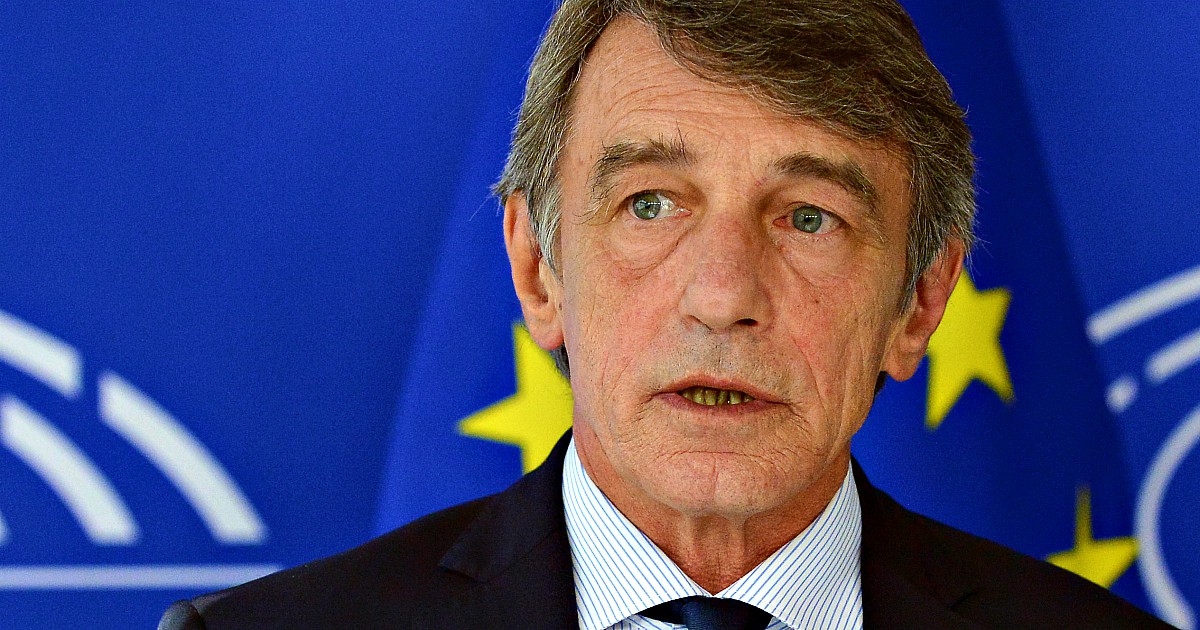The plan B on the Recovery Fund it is on the table. L’impasse due to the obstruction of Poland e Hungary which oppose the clause on Rule of law as a condition sine qua non for the disbursement of funds intended to combat the crisis due to the pandemic has pushed other countries Germany in the head, to think of a formula that allows the disbursement of money with a agreement between 25 member countries and no longer 27. A plan which, in addition to showing the difficulties of coexistence between EU states, also on a theme such as the fight against coronavirus, also presents technical issues to be resolved.
To bring it back today was also the President of the European Parliament, David Sassoli, which in the course of an event organized by Eunews stated that if it were not possible to unblock the veto of Poland and Hungary we can “take those decisions even at 25. It would be painful, it would be a wound, but we can not stop“. The head of the Eurocamera explained that the economic package from 1,800 billion is “jeopardized by a senseless veto Hungary and Poland holding back some of the most important measures. We are confident that the current German presidency can unblock ”this situation. “We are very worried – he concluded – because if there was a blockage of the mechanisms, it would mean starting over and jeopardize recovery of our countries “.
A question first of all examined by Germany, with the German Chancellor, Angela Merkel, which has repeatedly warned about the risks of a delay in the disbursement of funds that could bring the countries most affected by the pandemic to their knees. Thus, even the leader of the European People’s Party and a member of the German CDU, Manfred Weber, speaking via videoconference to the foreign press in Germany, he reiterated that with the help of the “Enhanced cooperation” of a group of EU states it is legally possible for other countries to decide on aid for the Covid even without Hungary and Poland. “Then also i regional funds, from which the two countries derive great benefits, would not go to Budapest and Warsaw ”, he warned. “We are playing with fire”.
Carrying out such a plan, however, is far from simple and would require new negotiations among the 25, one week before the next European Council. Once the guarantees equivalent to theheadroom, that is the margin between the ceiling existing in the MFF and the ceiling of own resources, blocked by the Hungarian-Polish veto, the Commission could still go to the markets and get into debt, thanks to the guarantees provided by the 25. Obviously Poland and Hungary would be excluded from the funds for the recovery, their veto would be weakened and at that point politically they would find themselves at the margins of the EU.
The problem is that if an agreement is not reached soon budget of 2021 however, it will have to be rewritten. The Commission should present a new proposal for annual balance for the coming year which would pass by qualified majority, with Budapest and Warsaw not being able to block it. This would still involve “Significant cuts” compared to the initially planned expenditure, as confirmed by the head spokesman of the EU Commission Eric Mamer. Theprovisional exercise, which involves strict limits on the EU budget: the monthly expenditure for each budget chapter, for example, could not exceed one twelfth of the previous year’s appropriations. In any case, the conditionality of the rule of law would also apply to this expenditure and Poland and Hungary, which are net beneficiaries of the EU budget, would find themselves in great difficulty. It is precisely on this point that the 25 are trying to corner the two governments: if it opened up to such a possibility, the two countries would have a lot to lose in economic terms. Cooperation at 25, however, would be a kind of bridge until an agreement is found at 27.
–

